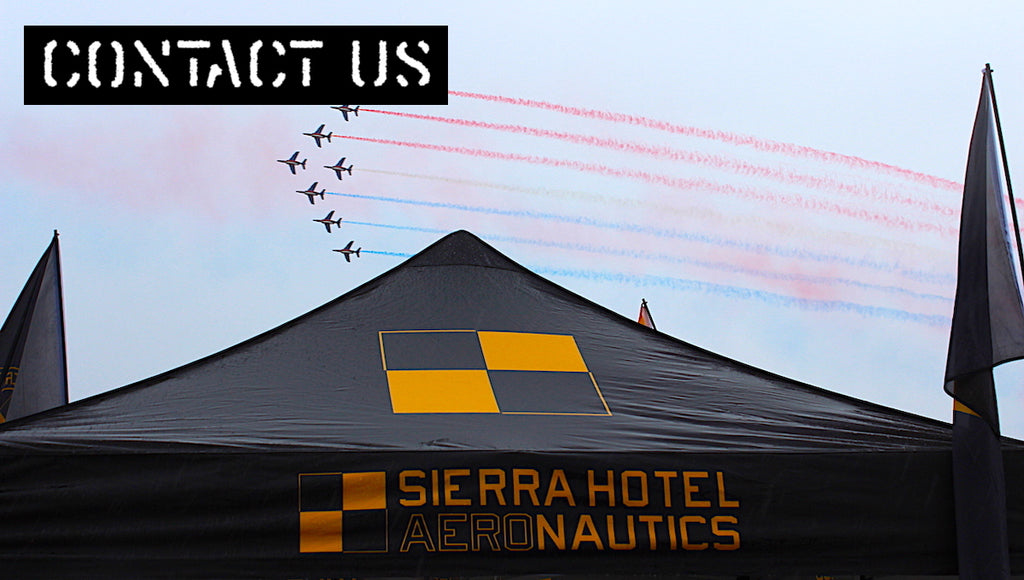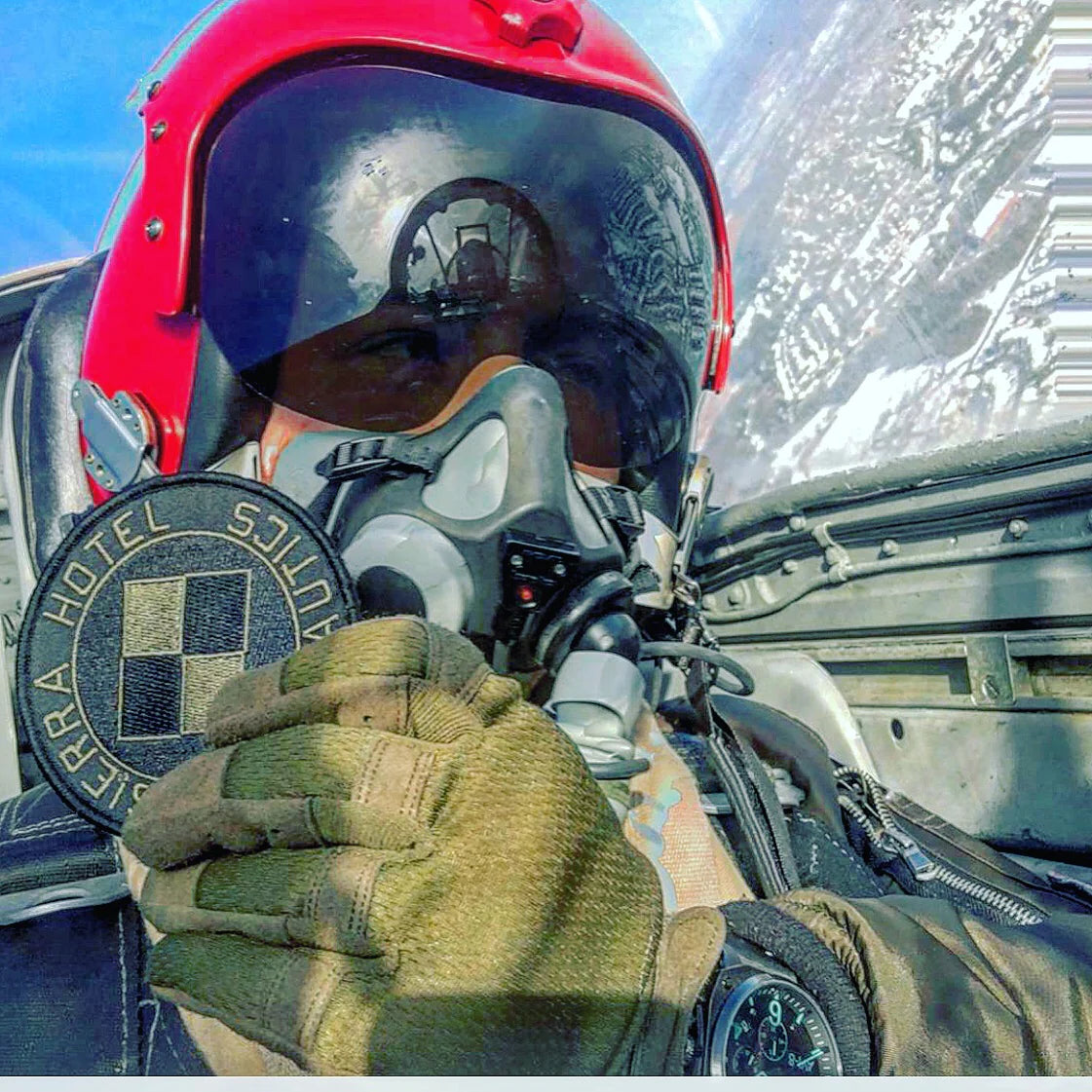Godspeed to the Crew of Apollo 1

January 27, 1967- Launch Complex 34 - Cape Canaveral – The crew members of AS-204; Command Pilot Virgil "Gus" Grissom, Senior Pilot Edward H. White and Pilot Roger B. Chaffee were tragically lost during a Command Module cabin fire during a "plugs-out" test to determine whether the spacecraft would operate nominally on (simulated) internal power while detached from all cables and umbilicals.
The cabin was pressurized with pure oxygen at the nominal pre-launch level of 16.7 pounds per square inch (115 kPa), 2 psi above standard sea level atmospheric pressure. This is more than five times the 3 psi partial pressure of oxygen in the atmosphere and provides an environment in which materials not normally considered highly flammable will burst into flame. During the test, a voltage transient was recorded at 6:30:54 (23:30:54 GMT). Ten seconds later (at 6:31:04), after Chaffee said the word "Hey", scuffling sounds followed for three seconds before Grissom reported a fire that began that minute. Chaffee then reported, "We've got a fire in the cockpit," while White responded to Chaffee's comment. After 12 seconds, Chaffee urged the crew to get out of the command module. Some witnesses said they saw White on the television monitors, reaching for the inner hatch release handle as flames in the cabin spread from left to right and licked the window. The final voice transmission from the crew was very garbled. "They’re fighting a bad fire—let's get out. Open 'er up" or, "We've got a bad fire—let's get out. We're burning up" or, "I'm reporting a bad fire. I'm getting out." Only 17 seconds after the first indication by the crew of any fire, the transmission ended abruptly at 6:31:21 with a cry of pain and then a hiss as the cabin ruptured after rapidly expanding gases from the fire over-pressurized the command module to 29 psi and burst the cabin interior.
The name Apollo 1, chosen by the crew, was officially retired by NASA in commemoration of them on April 24, 1967
“You sort of have to put that out of your mind. There's always a possibility that you can have a catastrophic failure, of course. This can happen on any flight. It can happen on the last one as well as the first one. You just plan as best you can to take care of all these eventualities, and you get a well-trained crew, and you go fly."
Command pilot AS204 “Gus” Grissom
Pictured: In an Apollo spacecraft review meeting held on August 19, 1966 (a week before delivery), the Apollo 1 crew expressed concern about the amount of flammable material (mainly nylon netting and Velcro) in the cabin, which the technicians found convenient for holding tools and equipment in place.

Though Joseph F. Shea, Apollo Spacecraft Program Office (ASPO) manager, gave the spacecraft a passing grade after the meeting they gave him a crew portrait they had posed with heads bowed and hands clasped in prayer, with the inscription:
It isn't that we don't trust you, Joe, but this time we've decided to go over your head.
Shea immediately gave his staff orders to tell North American to remove the flammables from the cabin. Sadly those orders were never carried out...
Godspeed to the crew of Apollo 1
Virgil Ivan "Gus" Grissom (April 3, 1926 – January 27, 1967)
One of the seven original National Aeronautics and Space Administration's Project Mercury astronauts, Project Gemini and an Apollo program astronaut. Grissom was the second American to fly in space, and the first member of the NASA Astronaut Corps to fly in space twice. In addition, Grissom was a World War II and Korean War veteran, U.S. Air Force test pilot, and a mechanical engineer. He was a recipient of the Distinguished Flying Cross, and the Air Medal with an oak leaf cluster, a two-time recipient of the NASA Distinguished Service Medal, and, posthumously, the Congressional Space Medal of Honor.
Edward Higgins White II (November 14, 1930 – January 27, 1967), (Lt Col, USAF)
American aeronautical engineer, U.S. Air Force officer, test pilot, and NASA astronaut. On June 3, 1965, he became the first American to walk in space. He Lt Col White was awarded the NASA Distinguished Service Medal for his flight in Gemini 4 and was then awarded the Congressional Space Medal of Honor posthumously, and was inducted into the U.S. Astronaut Hall of Fame in 1993 and the National Aviation Hall of Fame on July 18, 2009
The dismantled Launch Pad 34 at Cape Canaveral bears two memorial plaques:













Leave a comment